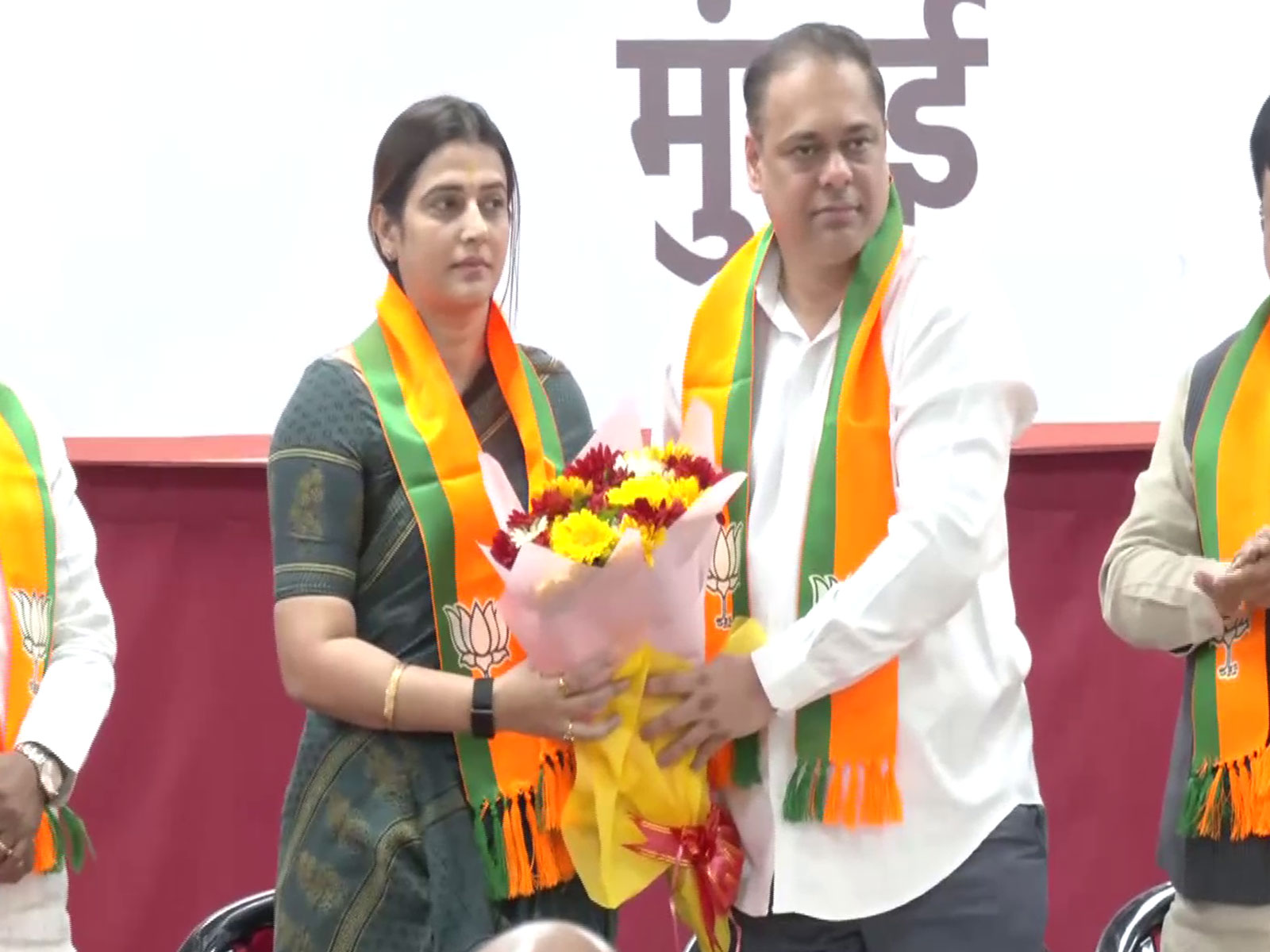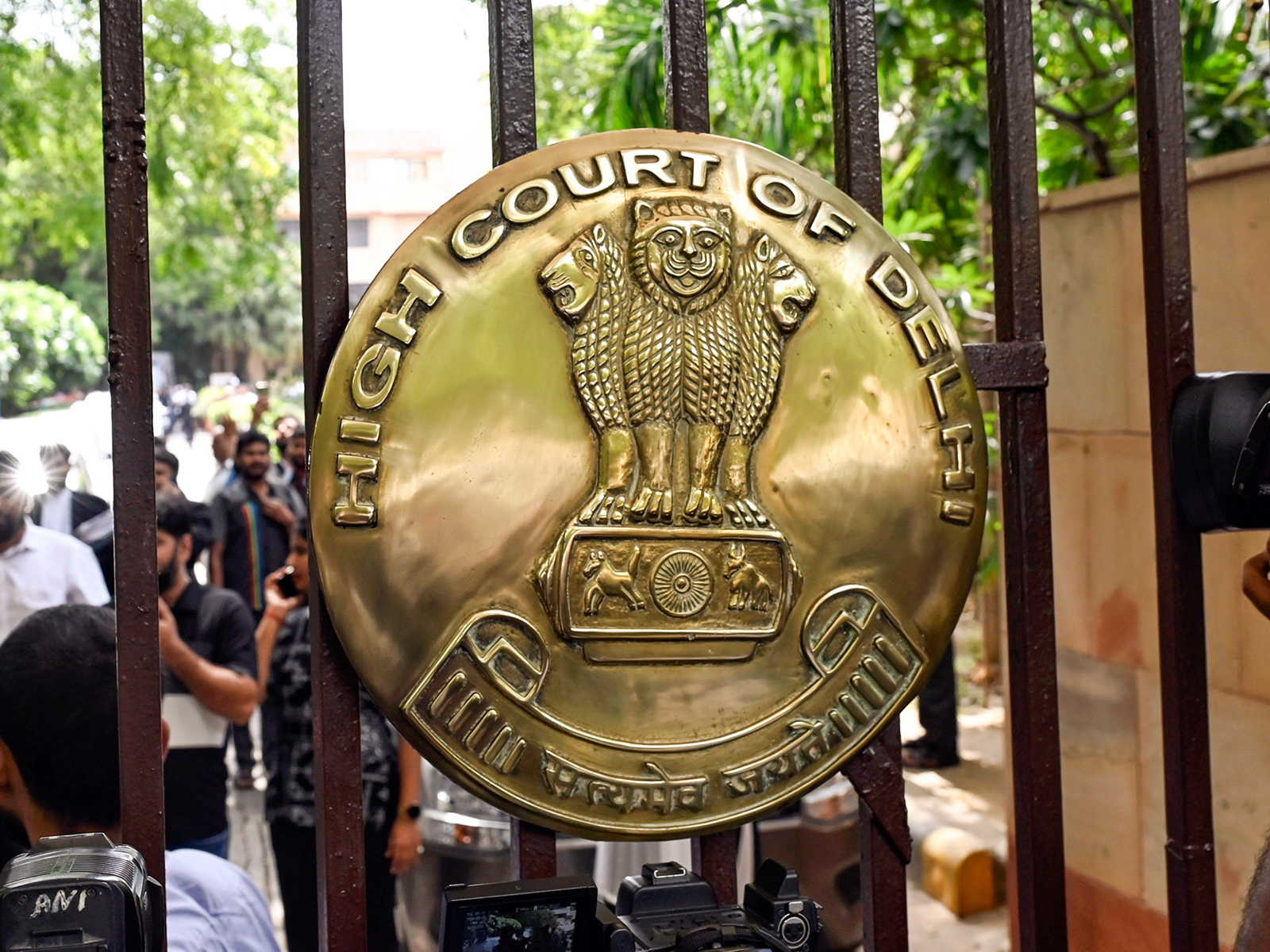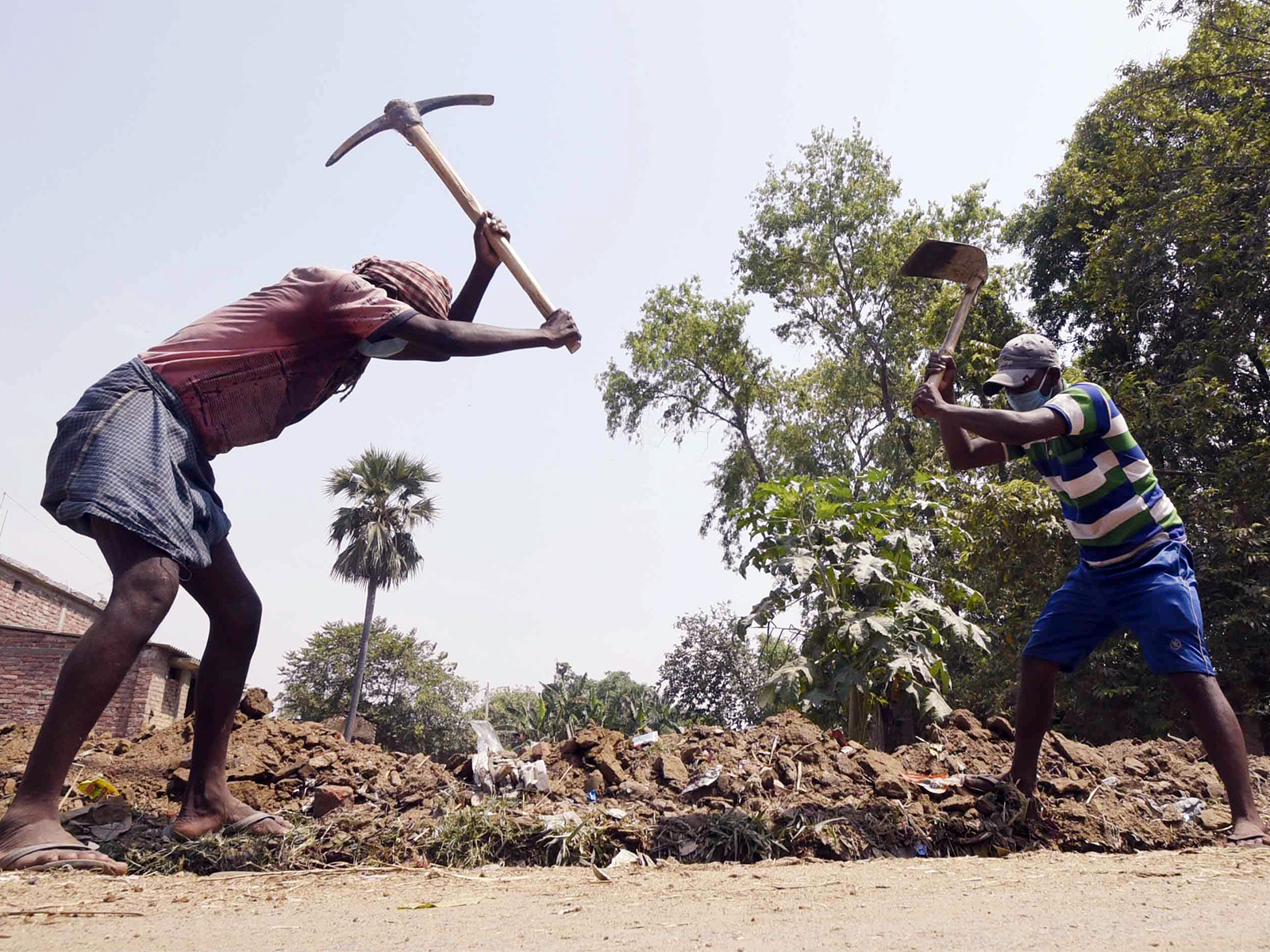SC affirms Madras HC order restoring EPS as AIADMK's single leader
Feb 23, 2023

New Delhi [India], February 23 : The Supreme Court on Thursday affirmed the Madras High Court division bench decision that restored Edappadi K Palaniswami (EPS) as the AIADMK party's single leader while rejecting O Panneerselvam's plea allowing EPS to continue as the party's Interim General Secretary.
The judgement was pronounced by a bench headed by justice Dinesh Maheshwari.
The court was dealing with a batch of pleas relating to the tussle between former Chief Ministers O Panneerselvam (OPS) and EPS over AIADMK leadership.
On January 11, the apex court bench reserved its verdict on the pleas relating to the tussle between the former Chief Ministers.
OPS has moved the Supreme Court against Madras HC's decision that restored former Tamil Nadu chief minister EPS as the party's single leader.
On September 2, 2022, a division bench of Madras HC in the appeal preferred by EPS had set aside a single judge's order dated August 17 that nullified the results of the July 11 general council and ordered status quo ante as on June 23 in AIADMK affairs.
In its General Council meeting held on July 11, the dual-leadership model in the AIADMK was ended and OPS was expelled from the party for "anti-party" activities during the party meeting.
In the meeting, EPS was elevated as the interim General Secretary of the party.
Since the passing of former Chief Minister and All India Anna Dravida Munnetra Kazhagam (AIADMK) General Secretary J Jayalalithaa, the party has been having a dual leadership with OPS and EPS leading it as coordinator and joint coordinator respectively.
However, recently, disputes arose between both leaders, with the EPS group pressing for unitary leadership.
Erode (East) Assembly bye-election is to be conducted on February 27, the last date of nomination is on February 7 and the result is to be announced on March 2.
On February 3 the Supreme Court had asked the AIADMK party General Council to pass a resolution related to a candidate who will represent the party in the upcoming bye-elections of Erode (East) constituency in Tamil Nadu.
The court has also permitted expelled three members of the party including OPS to also vote in the General Council.
The bench further said that the Council's decision regarding the candidate will be conveyed to the Election Commission by the party's Presidium Chairman.
AIADMK interim General Secretary Edappadi K Palaniswami had sought an interim order in the AIADMK leadership case while citing the deadline for filing nominations in the upcoming Erode (East) constituency by-polls.
The Election Commission of India has also filed its response in the case saying it does not regulate or monitor inner-party functions or internal elections of any political party as the same is neither envisaged under the Constitution of India nor under any other law.
It has said that the AIADMK's bye-laws dated July 11, 2022, were not taken on record by it as the same is under challenge before the top court.
It has added that monitoring such elections within the recognised political parties, by the Election Commission, is only to the extent that they are conducted in time as mentioned in the bye-laws of the party constitution.
The fresh application has sought directions to the Election Commission to upload the amendments made to the party by-laws during the July 11 general council meeting.
After five reminders since July 11 to the Election Commission to upload the amended by-laws of the party, Palaniswami again approached the Commission on January 23, it was claimed.
Palaniswami urged the poll panel to upload the amended by-laws or alternately confirm in writing, authorising the interim General Secretary to sign the requisite forms to put up candidates for the Erode East by-poll.
It was contended before the apex court that the Election Commission refuses to accept the signature of Palaniswami as AIADMK's interim General Secretary during the nomination process ahead of the by-election to Erode (East) Assembly Constituency of Tamil Nadu, citing the pendency of cases on party leadership before the Supreme Court.
















